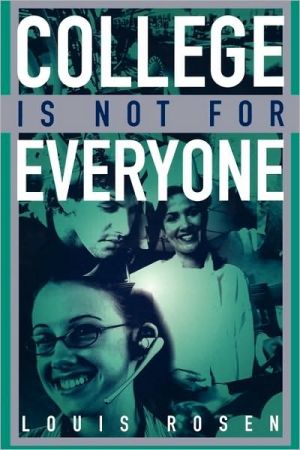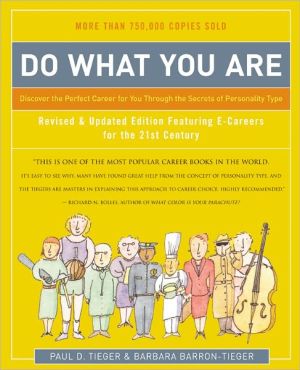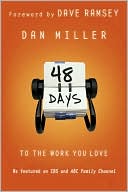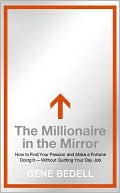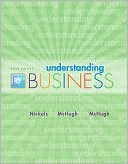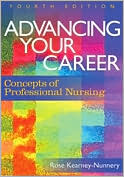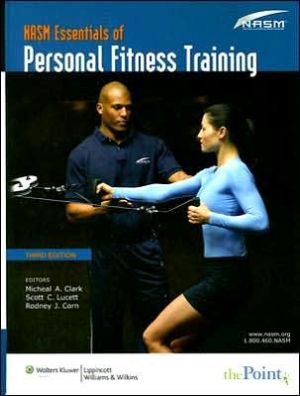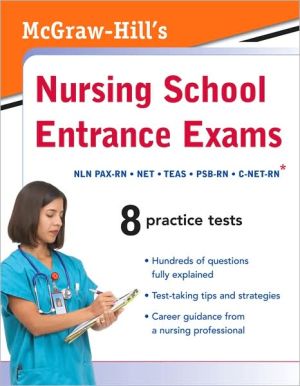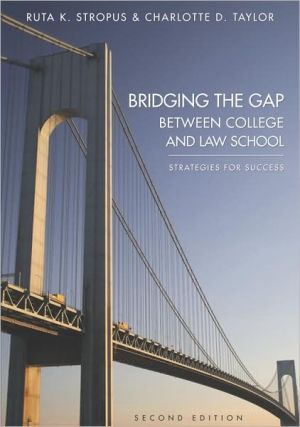College Is Not For Everyone
An emphasis among educational policymakers to stress college for all students is neglecting the hopes and aspirations of millions of young people currently in school who either lack interest in academics or the inability to succeed in a more rigorous curriculum. The rationale given for "college for everyone" is that current employers and jobs require more academics and a college education. This book attempts to demonstrate that this is not the case. The author uses statistical data and...
Search in google:
Author Louis Rosen contends that an emphasis among educational policymakers to stress college for all students is neglecting the hopes and aspirations of millions of young people currently in school who either lack interest in academics or the inability to succeed in a more rigorous curriculum. In this book, he attempts to remedy this situation by suggesting strategies to prevent it. Leslie Carter - VOYA Although this book reads like a graduate thesis, it nonetheless has a thoughtful point to make-that schools from secondary through community college are not doing enough to prepare students who are not university bound. Rosen focuses a bit too much on algebra as the unnecessary nemesis for the bulk of high school students, but his observation that schools overwhelmingly center their time and resources on academics and technology is mostly accurate. Vocational education and school-to-work programs are quickly disappearing from campuses, and parents often expect schools to prepare their children solely for university when frequently those same children might not have either the aptitude or the interest for academics. At the same time, community colleges, which began as community institutions ready to train police officers, medical technicians, and real estate brokers, have morphed into university preparatory schools for those students who often could not find a place at a four-year college. Rosen also mentions employers' needs for workers who can communicate and think, who are responsible and adaptable, and who can work with others. Many occupations do not need or require a college degree. His view is that it should be up to each individual student which path he or she chooses and that the opportunities for training should be a broad as the students' interests. This book will find the most use in the counselors' offices of schools where there are the largest number of students moving straight into the work force after high school. 2005, Scarecrow Education, 87p.; Index. Charts. Biblio., pb. Ages adult professional.
1Exactly where are most of the jobs today?12Four case studies113The myth of algebra194Academic elitism and the no child left behind act295School dropouts, exit exams, and "college for everyone" philosophy"396What colleges expect557What employers expect678Conclusion73
\ Reference and Research Book News[Rosen] notes that many simply are not interested in doing advanced academic work or in pushing ourselves to the limit in highly paid but highly stressful lives, and he blames high dropout rates and other problems on an elitist and unrealistic school system that pushes every student, ready or not, consenting or not, into college.\ \ \ \ \ VOYAAlthough this book reads like a graduate thesis, it nonetheless has a thoughtful point to make-that schools from secondary through community college are not doing enough to prepare students who are not university bound. Rosen focuses a bit too much on algebra as the unnecessary nemesis for the bulk of high school students, but his observation that schools overwhelmingly center their time and resources on academics and technology is mostly accurate. Vocational education and school-to-work programs are quickly disappearing from campuses, and parents often expect schools to prepare their children solely for university when frequently those same children might not have either the aptitude or the interest for academics. At the same time, community colleges, which began as community institutions ready to train police officers, medical technicians, and real estate brokers, have morphed into university preparatory schools for those students who often could not find a place at a four-year college. Rosen also mentions employers' needs for workers who can communicate and think, who are responsible and adaptable, and who can work with others. Many occupations do not need or require a college degree. His view is that it should be up to each individual student which path he or she chooses and that the opportunities for training should be a broad as the students' interests. This book will find the most use in the counselors' offices of schools where there are the largest number of students moving straight into the work force after high school. 2005, Scarecrow Education, 87p.; Index. Charts. Biblio., pb. Ages adult professional. \ —Leslie Carter\ \
